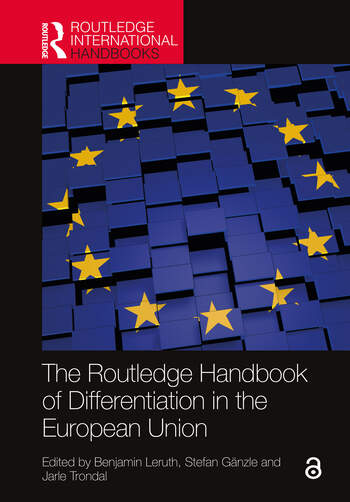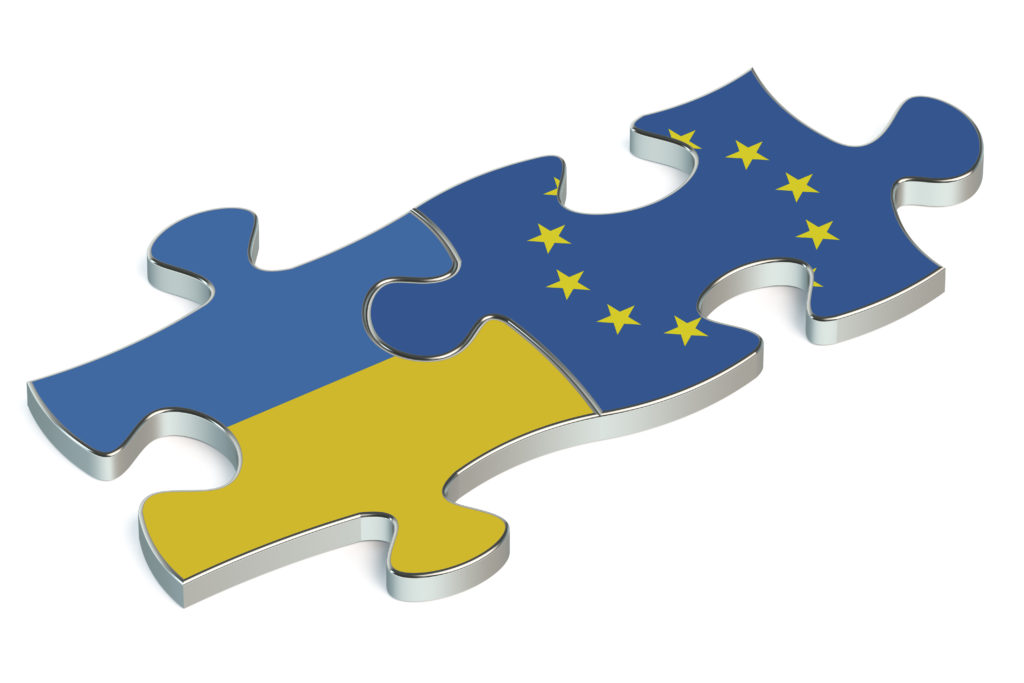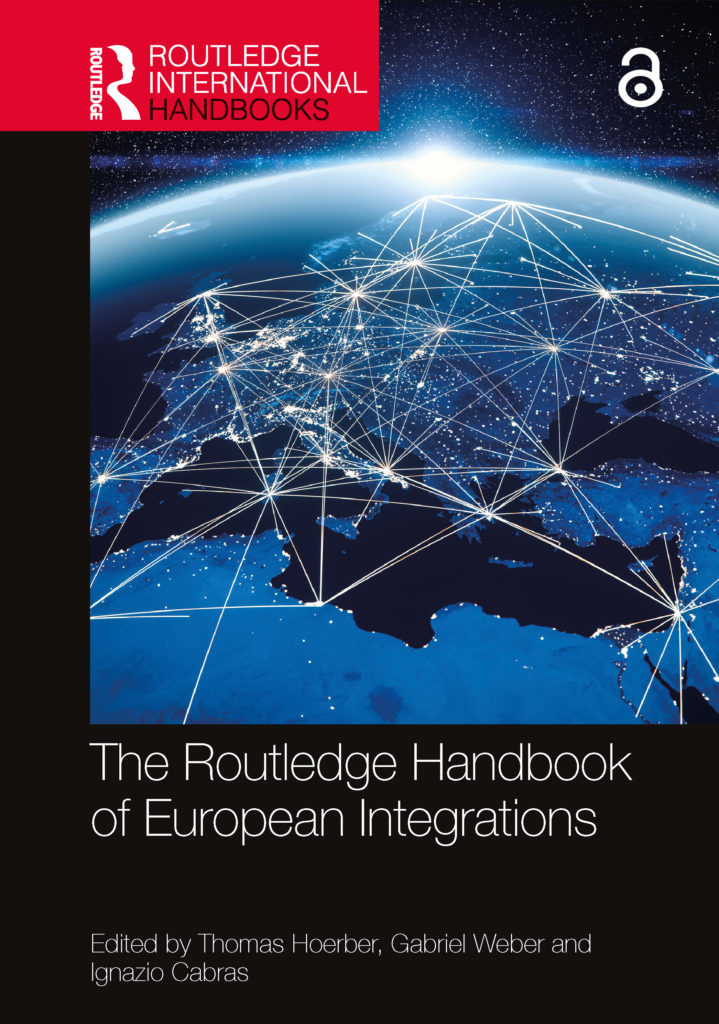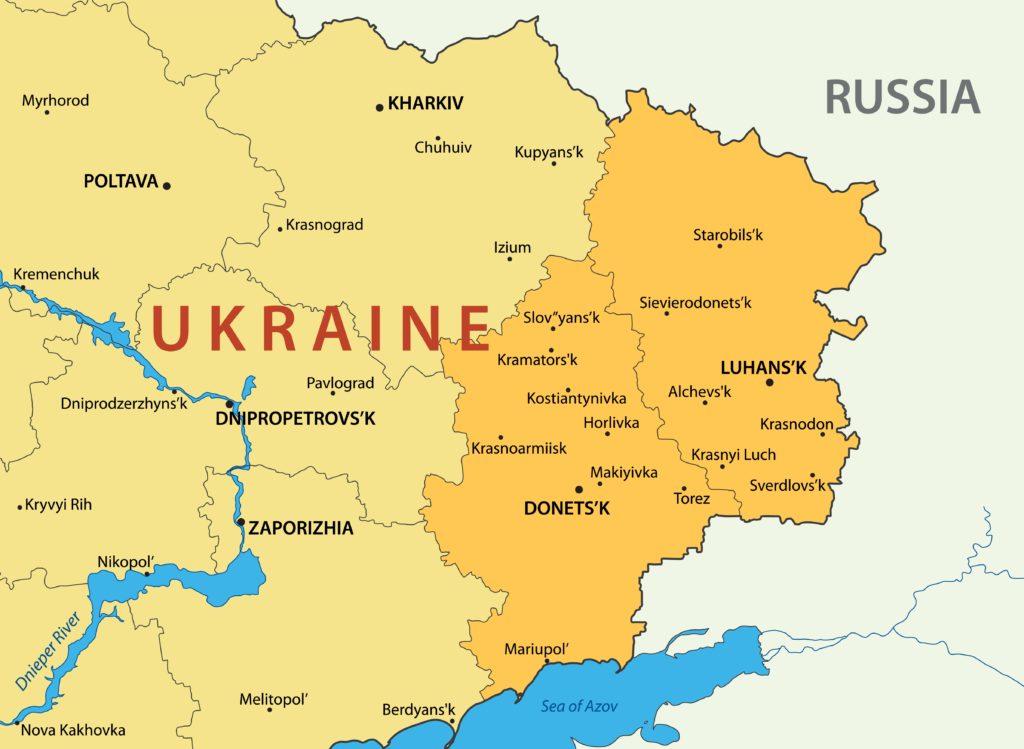
Dr. Anne Pintsch and Dr. Maryna Rabinovych published a book chapter “EU External Differentiated Integration and Compliance: Theoretical and Legal Aspects” with the Routledge Handbook of Differentiation in the European Union, edited by Benjamin Leruth, Stefan Gänzle and Jarle Trondal.
While the volume seeks to offer a nuanced picture of differentiation in the European Union, the book chapter by the Project Team explores compliance in light of external EU differentiation. This phenomenon includes, for instance, the Schengen Area, EU sectoral agreements with Switzerland, the EU-UK Trade and Cooperation Agreement and the EU Association Agreements with Eastern Neighbours. As a first step, the chapter introduces theoretical expectations about compliance in the abovementioned cases, referring to the external enforcement, management, domestic pressure and legitimacy approaches. Next, it provides a nuanced overview of legal tools these agreements use to enforce compliance and discusses their relevance in light of compliance theories. It is concluded that fostering compliance under differentiated integration would require strengthening stakeholder engagement and structures for multistakeholder engagement.


